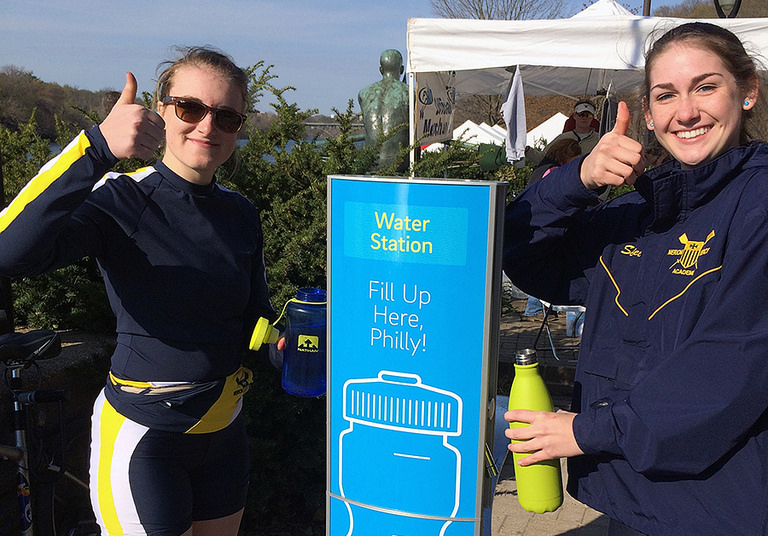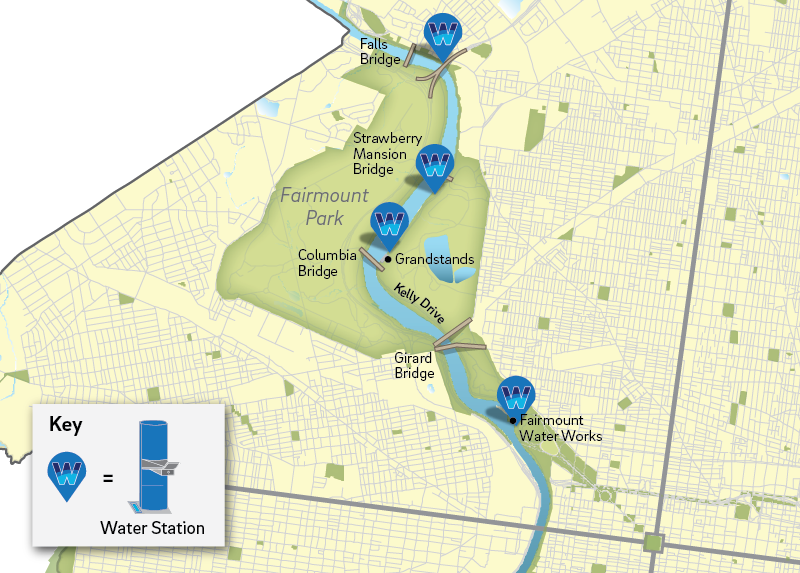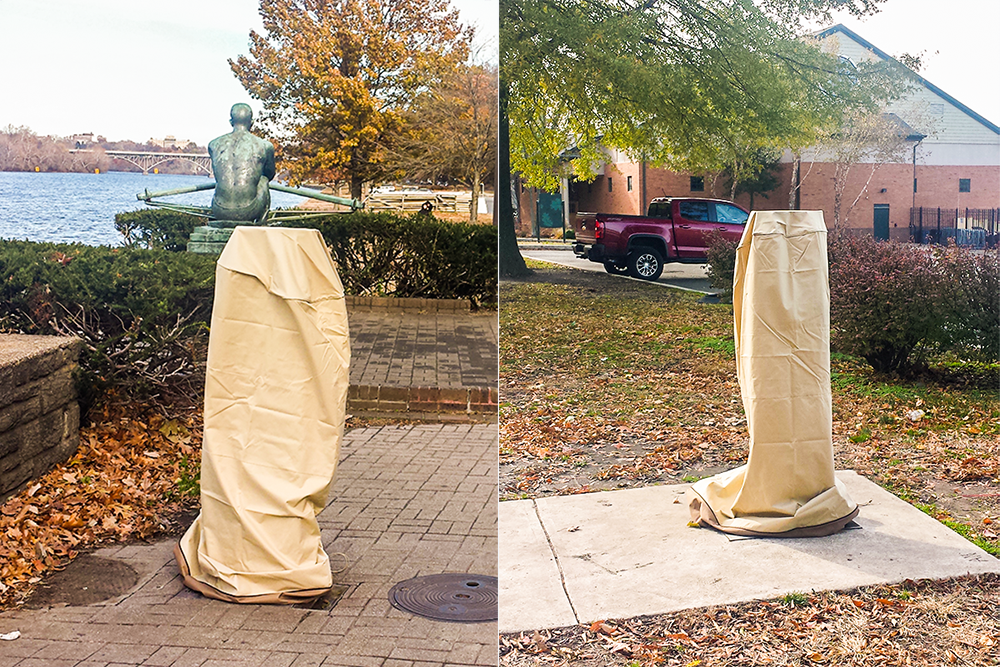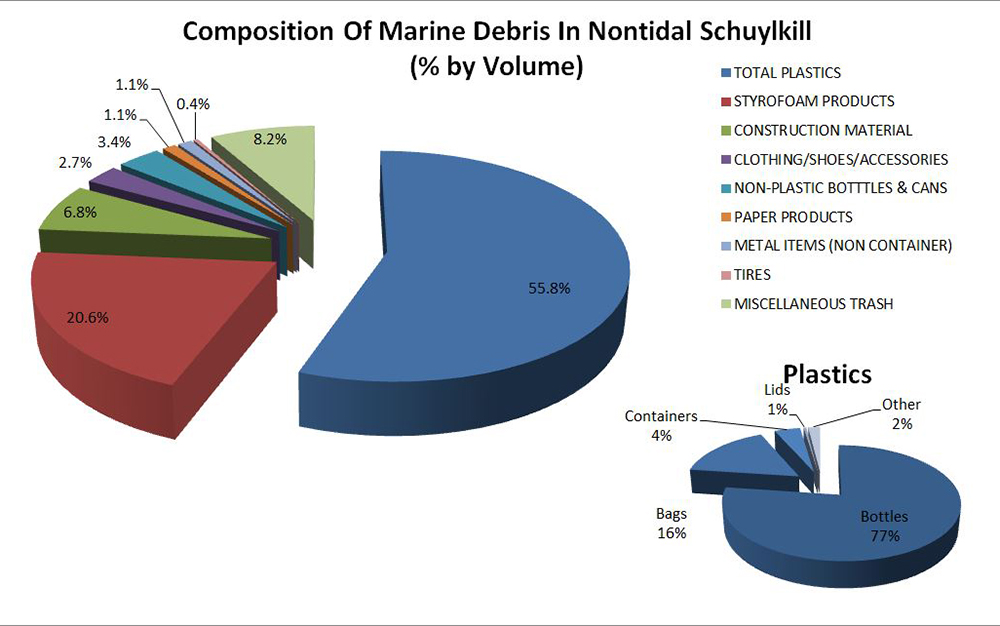
Thumbs up for water access: The Kelly Drive water stations will be flowing again soon.
With the return of warmer weather, we're preparing to restore service at our four Schuylkill River Trail/Kelly Drive water stations and plan to have them online by the end of April. The stations made their debut in spring 2016 and were winterized and closed in late November 2016 to protect the internal plumbing from freezing temperatures.
As we transition the stations back to full service, there are several steps we need to complete:
- Each water station's plumbing is currently being inspected for signs of wear from winter weather. New parts have been ordered as needed.
- During the cold season, stations are completely drained and the water meter removed to protect from damage caused by frozen pipes. Our plumbers will reconnect each fountain to its meter and water supply.
- To ensure we're serving our highest quality tap water, we'll test water from each fountain by sending a sample to our Bureau of Laboratory Services.
- Clean and disinfect each fountain once water service is restored.
We're working right now to ready the fountains for use, and will have them flowing again as soon as possible. Stay up to date on the latest news regarding the stations by following us on social media or by checking our blog for updates. Customers can also subscribe to our email list for updates on events, volunteer and job opportunities, and more.
More About the Kelly Drive Water Stations
Conveniently located between East Falls and the Art Museum along one of our region's most popular recreation routes, these modern water stations feature traditional fountains, water bottle-filling taps and a ground-level bowl for dogs, making them extremely popular with trail and park users.

In addition to providing free access to top-quality water, the stations have the potential to keep tens of thousands of disposable bottles from becoming park litter or landfill waste.
In 2016, trail users drank an average of about 5,150 gallons of top-quality Philadelphia drinking water at each of the four Kelly Drive stations, bringing the total of water distributed from the beginning of June through the end of October to about 20,600 gallons.
That's the same as roughly 156,000 single-use half-liter disposable bottles—plastic waste that, statistics show, has a very good chance of ending up either in a landfill or as litter in our parks and rivers. The U.S. Association of Postconsumer Plastic Recyclers found that only 31 percent of U.S. plastic beverage bottles are ever recycled.
In terms of spending, buying the same amount of single-use disposable bottles at a local convenience store would add up to nearly $217,000.
The City of Philadelphia and the Office of Sustainability see expanded access to public drinking water as an effective way of reducing waste and litter while encouraging healthy habits like replacing sugary beverages with the ultimate no-calorie drink—local H2O.
Watch our short video about why tap water and reusable bottles beat single-use throwaway bottles every time:


